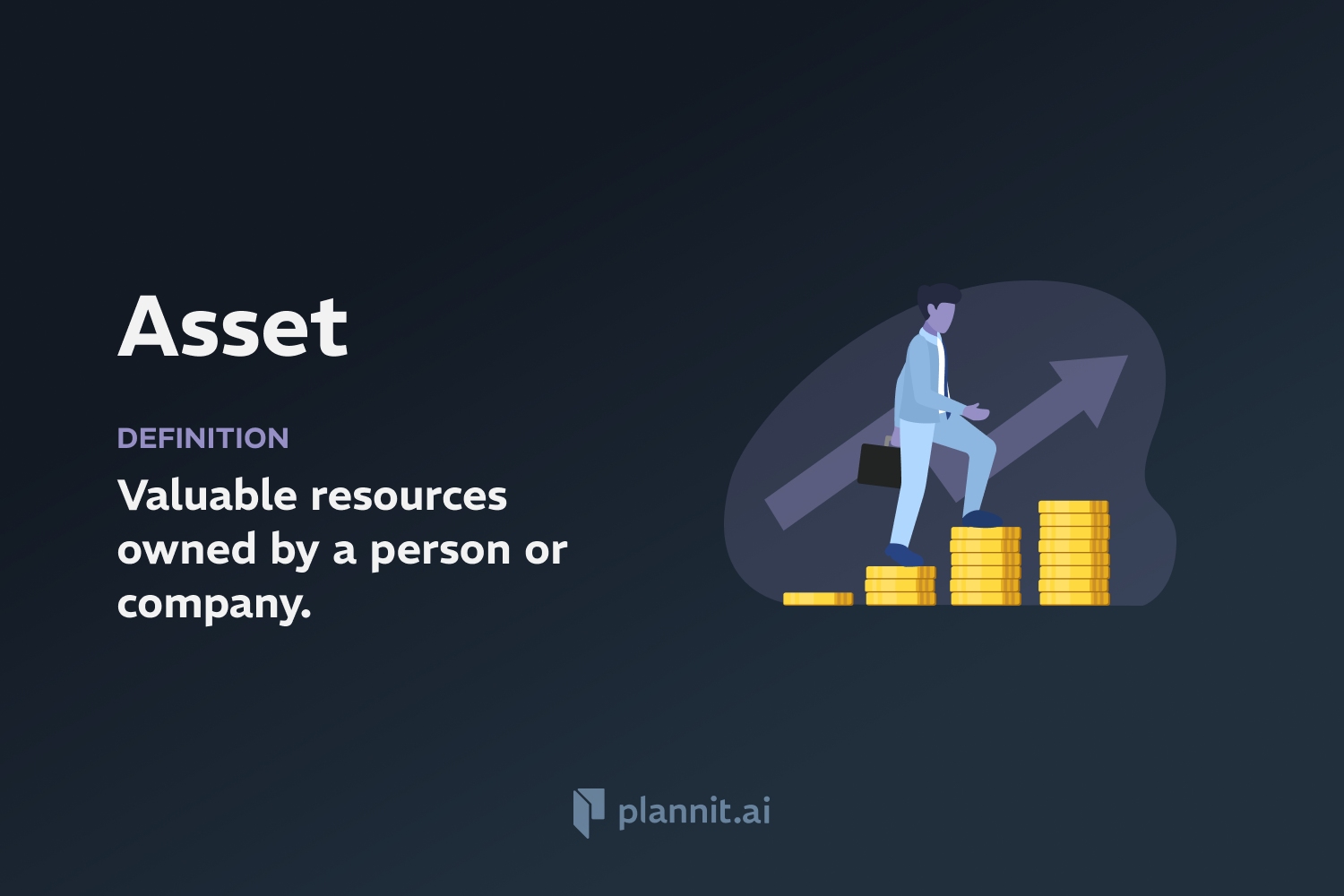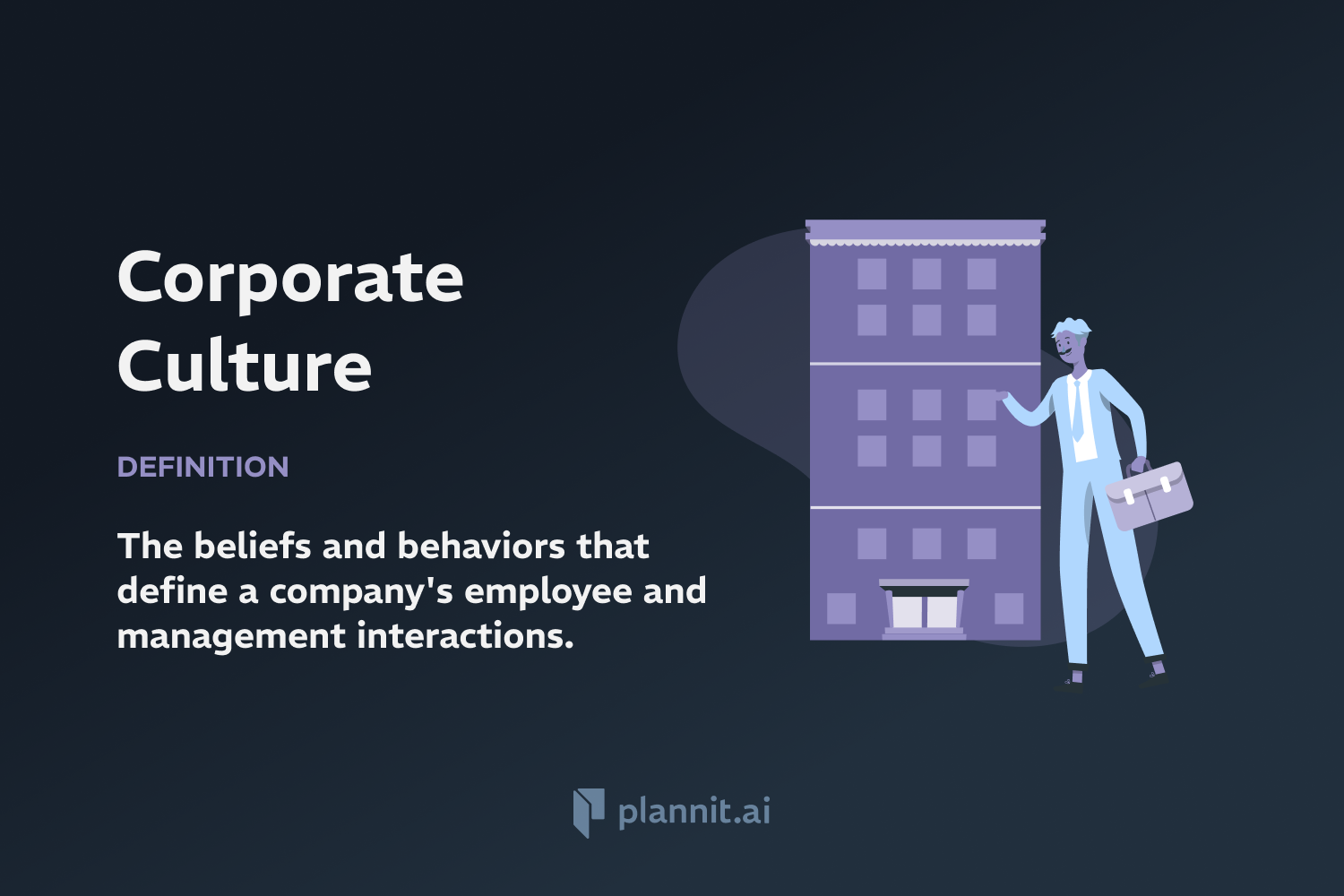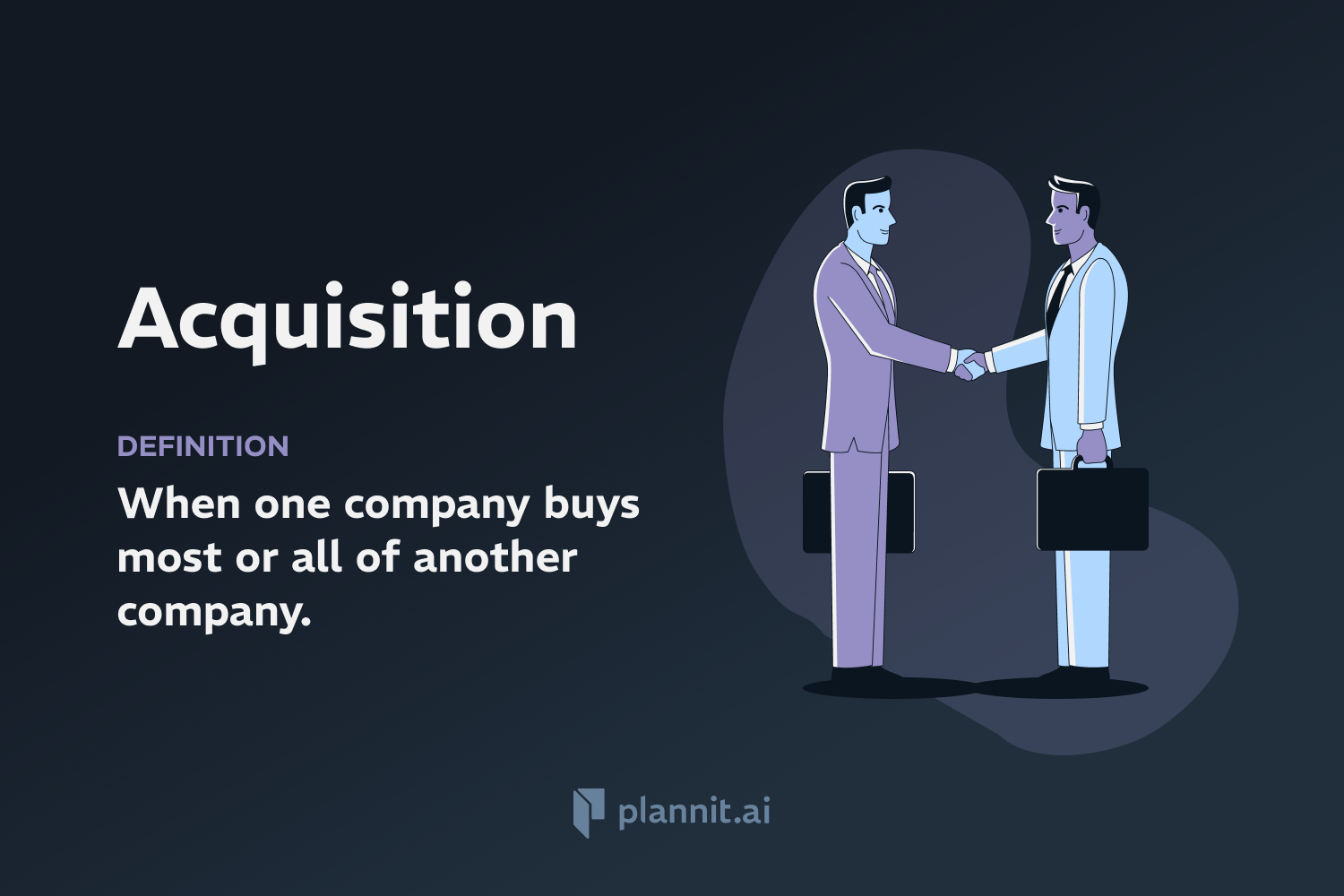Need Help With Your Business Plan?
Answer tailored questions and get a detailed business plan in minutes.
Asset: Definition & In-Depth Explanation

Definition:
Asset refers to any resource owned by an individual or organization that is expected to bring economic benefits in the future. Assets can be physical, such as buildings and machinery, or intangible, such as patents and trademarks.
Context of Use:
Assets are fundamental concepts in accounting, finance, and business operations. They are key components in the assessment of a company’s value and financial health, forming an essential part of the balance sheet.
Purpose:
The primary purpose of assets is to contribute to a company's productivity and profitability. They are used to generate revenue and provide long-term value to the organization. Managing assets effectively is crucial for sustaining and growing a business.
Example:
Physical Assets: Real estate, vehicles, equipment, and inventory.
Intangible Assets: Brand recognition, copyrights, patents, and software.
Related Terms:
Liability: A financial obligation of a company that results in future sacrifices of economic benefits.
Equity: The value of the shares issued by a company, representing ownership interest held by shareholders.
Depreciation: The systematic reduction of the recorded cost of a fixed asset over its useful life.
FAQs:
1. What are the different types of assets?
A: Assets are categorized into current assets (short-term) and non-current assets (long-term), including both tangible and intangible assets.
2. How are assets valued on a balance sheet?
A: Assets are usually valued based on their cost, but can also be adjusted for depreciation and impairment.
3. Why is asset management important?
A: Effective asset management maximizes the utility and profitability of assets, ensuring optimal operational efficiency and investment return.
4. What is the difference between an asset and an expense?
A: An asset provides future economic benefits, while an expense is a cost that is consumed almost immediately or within the current accounting period.
5. Can intangible assets be more valuable than physical assets?
A: Yes, in many industries, intangible assets like intellectual property or brand value can be more valuable than physical assets.
Get funding with a business plan that will impress investors.
Starting a New Business?



